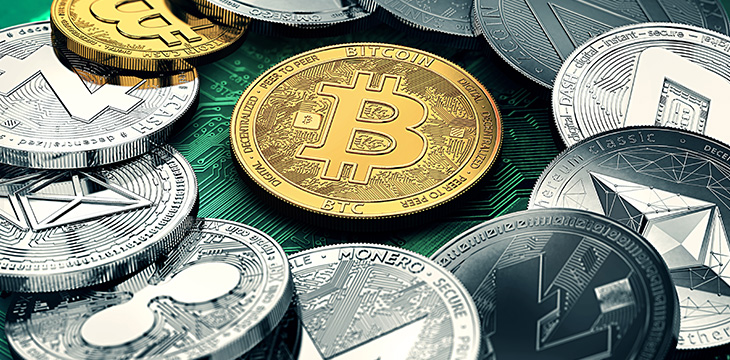In the physical world, a bank is a financial institution licensed to receive deposits, transfer funds, and store money for its clients. Banks can legally offer the right to exchange one fiat currency for another to its customers.
In the digital world, a cryptocurrency exchange provides services similar to banking to their clients; additionally, exchanges function as similar to a stock exchange.
What is a cryptocurrency exchange?
A cryptocurrency exchange is a borderline illegal online marketplace where users can exchange one kind of digital asset for another based on the market value of the given assets. The problem with cryptocurrency exchanges is that they often facilitate the trade of unregistered securities, are often used to launder money, and have limited, if any, AML/KYC so that they can evade the law.
Cryptocurrency exchanges played a significant role in the ICO boom of 2017. Cryptocurrency exchanges were eager for new projects with no real business model, product, or future to launch so that they could list these projects on their exchanges and rake in millions of dollars in transaction fees from these trading pairs. That being said, you can think of a cryptocurrency exchange as a bucket shop.
What is a cryptocurrency?
There are a few features that distinguish digital currencies from cryptocurrencies.
Cryptocurrencies are coins and tokens with no real purpose–they do not have utility and they were created for nothing more than speculative purposes and to facilitate crime.
Unlike digital currencies, most cryptocurrencies do not comply with law; in fact, some cryptocurrencies were even made to evade the law. Privacy coins are cryptocurrencies specifically designed to facilitate crime by obfuscating the path a transaction has traveled from sender to recipient.
Ultimately, cryptocurrencies are tools used to enable crime, whether that be fraud, money laundering, or racketeering, while digital currencies are protocols that enable the digitization of data and money.
How to identify a cryptocurrency exchange
Cryptocurrency exchanges have a few defining characteristics; crypto exchanges typically have little to no AML/KYC verification at sign up, they typically list several altcoins and shitcoins shortly after the ICO, and what might be the most defining characteristic about these exchanges is that law enforcement officials around the globe have started cracking down on them.
There is a Crypto Crime Cartel that operates cryptocurrency exchanges to commit fraud, market manipulation, and money laundering. However, law enforcement has caught on to their activities and has begun pressing charges against their exchanges. Law enforcement is going to continue pursuing these bad actors and unless they change their ways and become compliant, then they are likely to receive a cease and desist order.
What are the risks of using cryptocurrency exchanges?
If you are using a cryptocurrency exchange you face many risks; to name a few of the many risks you face when trading on a cryptocurrency exchange:
- Law enforcement can shut down the exchange and because the exchange operates in a legally grey area they may not be obligated to return your money.
- You could end up losing your money from speculating on cryptocurrencies and having the rug pulled on you by the project’s founding-team because the value of their coin or token relied on the greater fools theory and you were the greater fool.
- You could end up with your funds getting locked in the exchange, and you will be unable to withdraw or sell your cryptocurrency. This can happen because the cryptocurrency exchange you are using has been seized by law enforcement or is under investigation by law enforcement officials.
When it comes to cryptocurrency and cryptocurrency exchanges, you should proceed with caution. Working with a cryptocurrency or cryptocurrency exchange is nothing more than a gamble that could end badly for both you and the exchange.
To steer clear from this trouble, you should only use digital currency exchanges and digital currencies like Bitcoin (BSV).
Recommended for you
Tiny payments are changing the expenses landscape. Micropayments and nanopayments are not entirely new concepts and practices. But with the
You can earn money when you explore the world of Bitcoin and understand its intricacies. Once you get the hang

 02-21-2026
02-21-2026 


